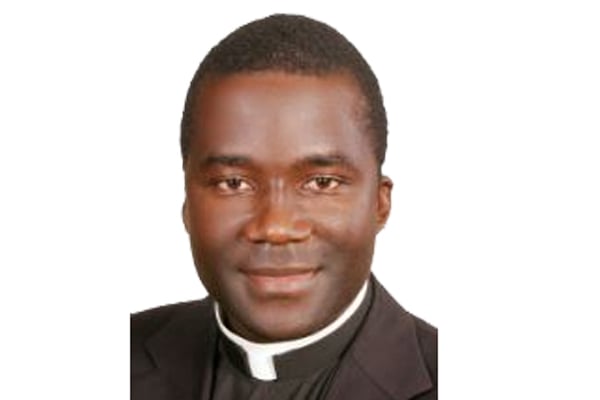Good family politics nurtures national political sanity

Fr Joseph Mukiibi
Every action in life makes an impression and impacts the globe! In this situation, the impact of infant political inculcation in the family has an impression on the national political arena. Politics denotes informed governance in groups and how to live together in solidarity and diversity.
A family is a primary social group consisting of parents and their offsprings, the principal function of which is to ensure the continuation of society, through procreation, and socialisation!
A family is not a fortress where we can hide from the world, not just a place of comfort, not even just a community of love. Rather, the family is the first and vital cell of society where solidarity, charity and nurture begin.
Familism is the conviction that puts priority on family and values. Familism advocates for a welfare system where families, rather than government responds to the comprehensive care of their members in context! Decent family politics is identical with familism and this will save Uganda from an ugly political profile.
The root of the kingdom is in the state. The root of the state is in the family. The root of the family is in the person of its head, writes Mencius! Among aristocratic nations, social institutions recognise in principle, the father of children, society governs him, and in turn he governs the children.
This means, the parent has both natural and political rights to instruct children. He is the author and support of his family and its constituted governor.
In a democratic family, the father exercises no other power than loving to invest the affection and the experience of age and his advice is for the most part authoritative to mitigate misgivings.
The family’s central role in forming the individual’s political conscience and personality derives from its role as the main source and locus for the satisfaction of all the basic innate needs.
The child, therefore, tends to identify with their parents and adopt their outlook towards the political arena. The parent becomes the prototypical authority figure and initiates the child’s view of political authority and serenity. Under familial circumstances in which the child progresses from dependence to autonomy, he is likely to develop into a mature and responsible citizen in terms of political behaviour and prudence validation.
The family normally promulgates values which support political authority. In this political economy, an individual continuously acquires political values and attitudes, shapes political orientations and increases their political awareness and education.
As a socialising agent, the family, has a greater influence on children and adolescents rather than on youth nurture. Therefore, the family is widely considered to be the most important agent in the transmission of political acumen.
The political spectrum of Uganda should revisit the role of the family in shaping the political economy and charity of this country instead of punitive leadership.
Excellent family politics in practice, heavily contribute to children’s initial and good political ideological views, not only in terms of intergenerational transmission, but also direct experiences on national structures. Natural families have a correlation on political knowledge, efficacy, and participation depending on parenting style and frequency of political discussions. .
Decent family politics influence politics of love in any nation. The family is the primary setting for socialisation, where we learn to relate to others and respect for human life.
The task of family politics and education, therefore, is to make us sense that the world and society are also our families. In a national family, we break fatal self-absorption/narcissism and come to realise that humanity is worthy of our love, and careful treatment!
Excellent family politics nurtures politics of love and peace.




